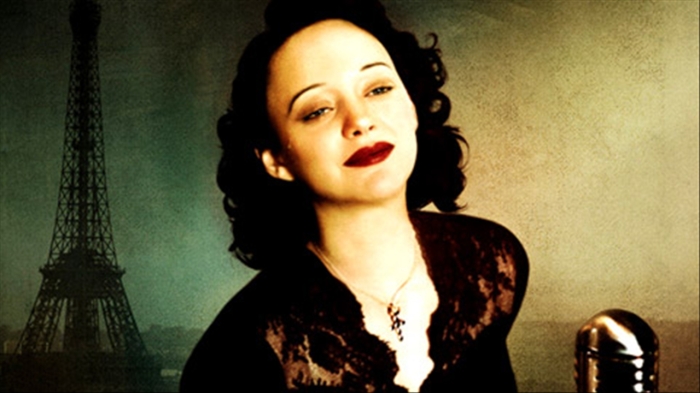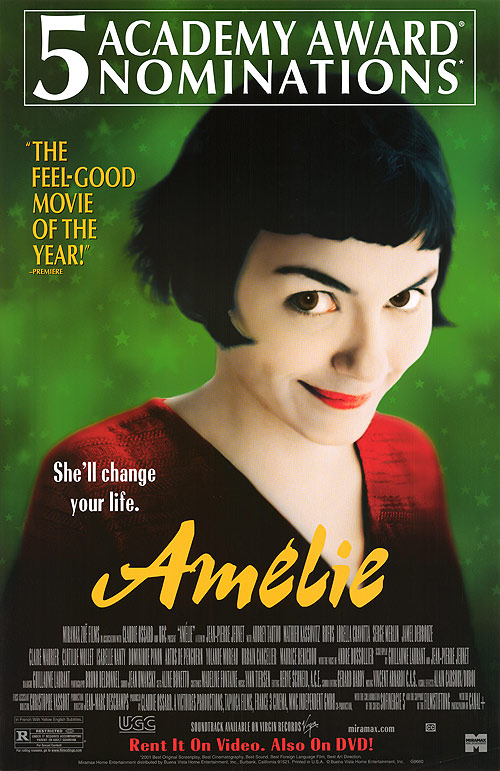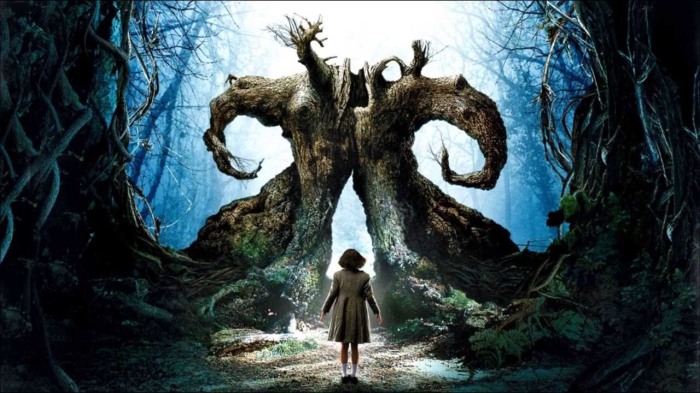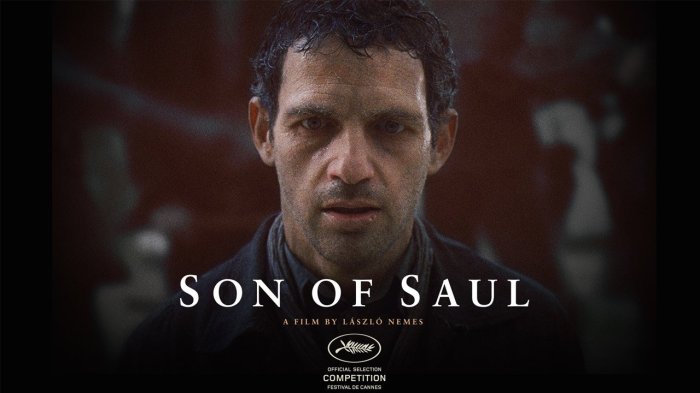It’s no secret that I have watched my fair share of films; I have the film collection at home to prove it and this blog hopefully highlights my diverse taste in film. However there are still plenty of titles that I have yet to watch and I’m forever on a quest to watch films I haven’t seen before. So I thought I’d be honest with what I have seen and the many films that I need to watch. For this blog post I will be focusing on foreign language films and how I have only scratched the surface.
Foreign language films are an interesting topic because it can be quite divisive; you either love them or can’t stand reading the subtitles so you give up on them entirely. The reason why I love foreign language films is because you are given access to stories told from different cultures and your horizons are broadened in your taste in film. Just to clarify I can only speak English so films in any other language are foreign to me.
I’ll give you a rundown of the films that I have watched and loved. Now by writing this post I am not declaring myself a foreign language film expert yet an aspiring one; I hold my hands up and say I don’t watch as many as I should and hopefully that will be corrected in due course.

(Jean Seberg and Jean-Paul Belmondo in Breathless – 1960)
Out of the foreign language films I have seen the most popular language I have listened to is French. There’s no specific reason why this is but I have to say I love the French language but I also enjoy watching American or British films set in France (which defeats the whole “aiming to watch more foreign language films than English spoken films but it still counts, kind of). I remember in Sixth Form we learned about the French New Wave which really fascinated me and was very enlightening learning about prominent directors François Truffaut and Jean-Luc Godard. The movement was a rejection of period pieces or literary adaptations and instead focused on more current issues, this was very unconventional at the time and the films were inspired by the works of Hollywood greats such as Alfred Hitchcock, Orson Welles, Charlie Chaplin etc. after their works had been banned in France during WW2.
The films I studied were The 400 Blows (1959), Breathless (1960) and Shoot the Piano Player (1960). I loved studying and watching these films as it’s an interesting part of cinematic history. I remember watching The 400 Blows and not connecting with it straight away but after learning it was inspired by François Truffaut’s upbringing it had more meaning and made the film more personal; he broke away from traditional filmmaking and focused on youth and growing up whilst finding your identity.

(Marion Cotillard in her Oscar winning role for La Vie en Rose – 2007)
Two of my favourite French films are Love Me If You Dare (2003) and La Vie en Rose (2007) both starring Oscar winning actress Marion Cotillard (becoming the only actor to win the Academy Award for a performance in the French language for La Vie en Rose). Love Me If You Dare boasts terrific performances from Guillaume Canet and Marion Cotillard, having a dynamic chemistry and brilliantly exploring their characters over the course of many years. It’s a fun yet dangerous game they play which makes it an exciting watch for the audience. La Vie en Rose is a very different type of film, depicting the tragic life of Édith Piaf. Marion Cotillard gives everything and more to portray Édith Piaf honestly and with conviction; you buy into her performance.

I’ve also watched Amélie (2001) years ago (in all honesty I should watch it again to refresh my memory) but it’s a film I had heard about for a long time and needed to see. It also has the iconic poster of the eponymous character looking rather ambiguously to the audience. I even managed to visit Café des 2 Moulins in Paris where Amélie works which was a cool experience. I’ve always had an interest in foreign language films and I’m so glad that I’ve never limited myself in what I watch otherwise I wouldn’t have experienced this classic…which didn’t win me over completely but at least I gave it a chance.
The Artist (2011) can be included in the discussion of films produced in other countries because whilst no words are uttered it is a French production with prominent French actors featured within the film. I love how successful it was at the box office and during the awards season, Jean Dujrdin became the first French actor to win an Oscar and the film was the first French film to win an Oscar for Best Picture. Whilst this focused on the age of silent films in Hollywood I love how it was another country that produced this film.

(Marion Cotillard in her Oscar nominated performance for Two Days, One Night – 2014)
Referring back to Marion Cotillard, she also gives a raw and vulnerable performance in Two Days, One Night (2014) a Belgium film that isn’t flashy but is an honest depiction of a woman’s pursuit to save her job whilst at risk of being voted out so that her colleagues can earn more money for their bonuses. Marion’s performance keeps you watching as you root for her character and even though yes the majority of the film is herself knocking on doors begging to keep her job, you don’t feel that it’s repetitive or mundane as it shows the true strength of her character. I love how Marion Cotillard can effortlessly go from huge blockbusters to low budget foreign language films.
Recently I watched Pan’s Labyrinth (2006) by Mexican film director Guillermo Del Toro. It won three out of six Oscar nominations (including a nomination for “Best Foreign Language Film of the Year: Mexico”) and opened to critical acclaim. I love how original this film is and how Guillermo Del Toro was inspired by fairy tales but creating his own stories set in the backdrop of the aftermath of the Spanish Civil War. Ivana Baquero (Ofelia) would have been 12 when the film was released and she holds the weight of the film on her shoulders with ease. Fairy tales at their essence can be dark and twisted and I love how Guillermo has fully embraced that; I would have never experienced this is I limited myself to only English spoken films.

(Pan’s Labyrinth – 2006)
I’ve never had an issue with having to read English subtitles; yes I am aware of them at first but in time that awareness almost fades away and I’m completely immersed in the story being told. Subtitles do not prevent me from enjoying or being invested in a foreign language film. Also the benefit of watching a film produced from another country is gaining an insight into other stories being told and yet what may surprise people is how universal and relevant the themes are to all audiences.
Despite the fact I have watched quite a few films not in the English language I still have plenty of foreign language films to watch; I have a long road ahead of me but I’m excited for the challenge. Some titles that I have had my eye on but never watched are Son of Saul (2015), Rust and Bone (2012), The Hunt (2012), A Royal Affair (2012) and the list goes on. If you’ve never really given foreign language films a chance I would encourage you to try a few titles and see how you find them; I know I need to grow my knowledge of what stories are out there being produced by other countries. It will help us get out of our “American/British film minds” and be more aware of what is going on in our world.

(2016 Oscar winner for Best Foreign Language Film of the Year – Hungary)
